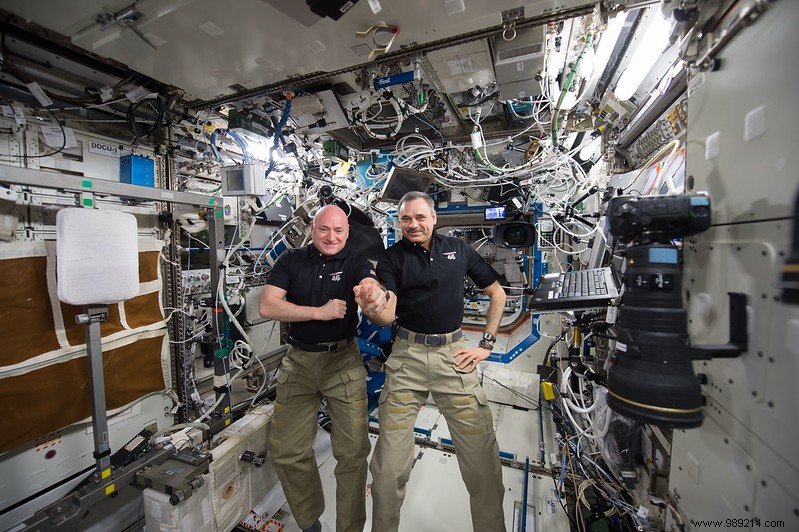New research reveals that after 340 days on the International Space Station (ISS), NASA astronaut Scott Kelly's heart shrank by about 27%, much like that of endurance swimmers. Yet, he stayed remarkably fit, offering vital insights for long-duration space missions.
Adapted to Earth's gravity over millions of years, the human body undergoes profound changes in microgravity. Astronauts often experience fluid shifts causing puffy faces and vision issues from flattened eyeballs, along with leg swelling, bone loss, and muscle atrophy. But recent findings highlight another key effect: cardiac changes.
A study published on March 29, 2021, in the journal Circulation examined Scott Kelly's heart after his 2015-2016 mission. Researchers found that the left ventricle – the heart's largest chamber – lost approximately 27% of its mass.
Remarkably, this adaptation had no negative impact on his performance, notes lead author Dr. Benjamin D. Levine, Professor of Internal Medicine at UT Southwestern Medical Center and a renowned cardiologist with expertise in exercise physiology.
"His heart adapted to the reduced gravity demands," Dr. Levine explains. "It didn't become dysfunctional; reserve capacity remained adequate. He stayed in good shape overall, with the ventricle shrinking as expected in space, similar to muscle atrophy elsewhere."
In microgravity, the left ventricle works less intensely without Earth's pull, leading to remodeling like any underused muscle – even with Kelly's rigorous routine.
Despite exercising nearly daily on the ISS, his heart still atrophied. Six days a week, he ran 30-40 minutes on a treadmill, cycled, and used the ARED device with vacuum cylinders to simulate Earth-like resistance training.

The study also compared Kelly's heart to that of Benoît Lecomte, an elite open-water swimmer attempting a 2018 Pacific crossing (water buoyancy mimics weightlessness). Lecomte swam eight hours daily for 159 days before abandoning due to storm damage to his support vessel.
Researchers anticipated Lecomte's heart would enlarge from the exertion, but it shrank nearly as much and as quickly as Kelly's.
Kelly himself reacted enthusiastically, tweeting that his heart responded "like that of an elite athlete!"
Importantly, both hearts fully recovered to normal size upon return to gravity.
While Kelly's regimen mitigated bone, muscle, and heart loss, a smaller heart poses risks for deep-space missions. Without exercise – due to injury, illness, or equipment failure – atrophy could worsen, potentially causing dizziness or fainting after months en route to Mars.
This authoritative research underscores the need for optimized training protocols, enabling space agencies like NASA to better prepare crews for extended voyages.